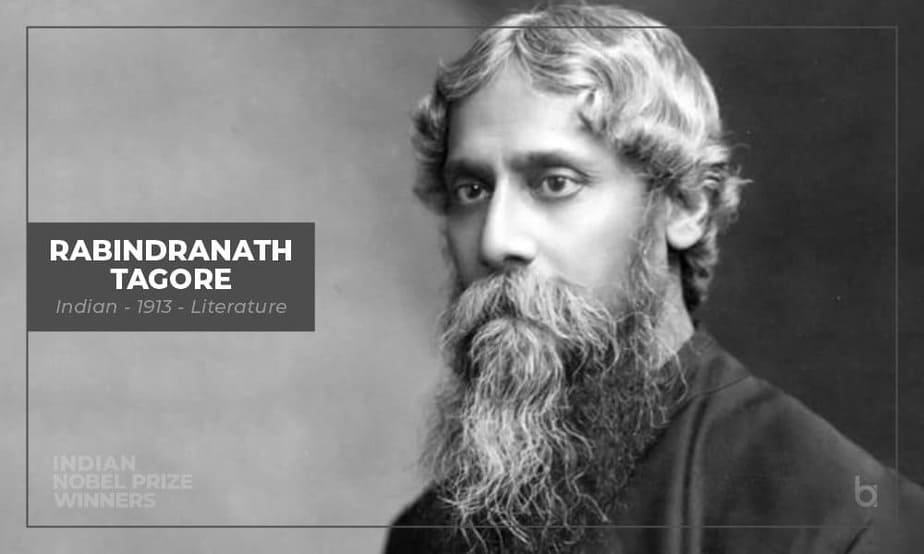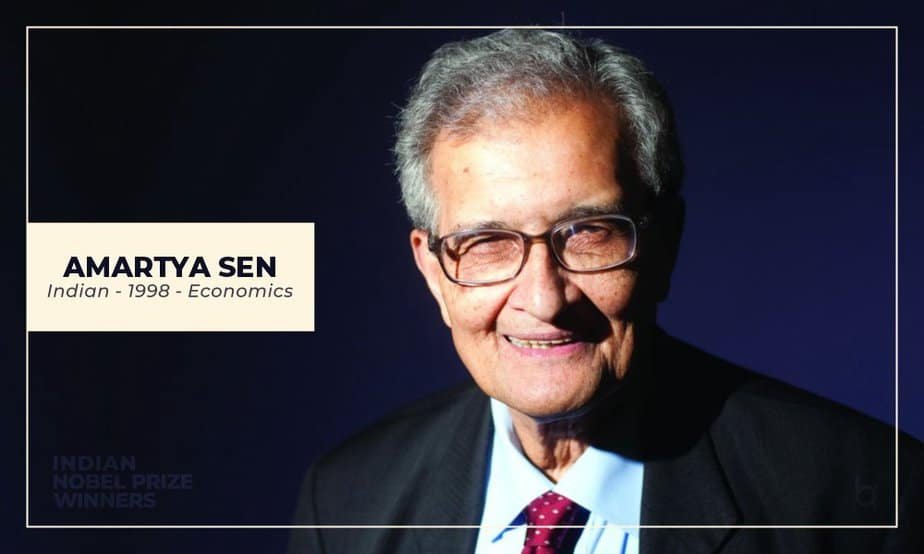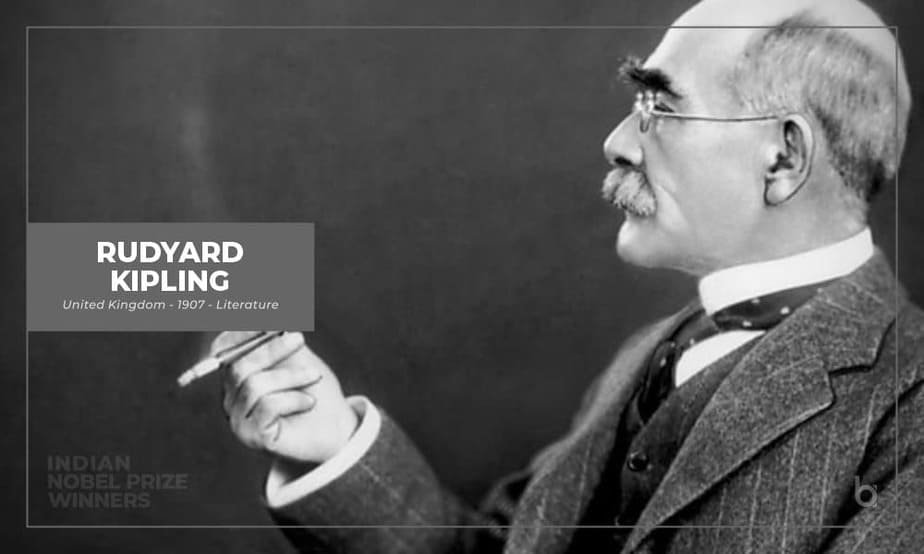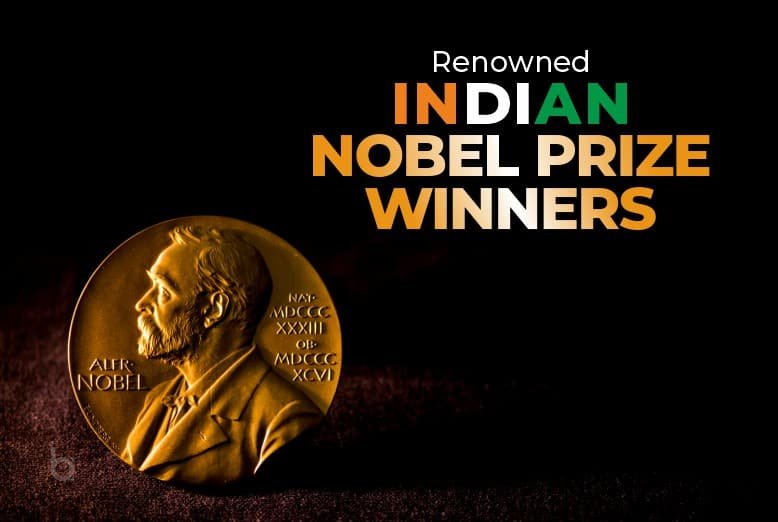Imagine a world where the Nobel Prize is as Indian as the spices in a curry! That’s right, the land of diversity and tradition has been spicing up the Nobel scene since 1913 when Rabindranath Tagore added a literary ‘tadka’ to the mix. This blog celebrates the Indian Nobel Prize winners who have continued to dazzle the world with their brilliance. From the peaceful pursuits of Kailash Satyarthi to the economic equations of Amartya Sen, these laureates have not just made headlines but history. So, buckle up as we take you on a thrilling ride where we are going to have a look at the Indian Nobel Prize winners.
History of the Nobel Prize
The Nobel Prize, a prestigious set of international awards, was established through the will of Alfred Nobel, the Swedish inventor of dynamite. Nobel’s will, penned in 1895, dedicated his fortune to honor those who brought the greatest benefit to humanity. The first Nobel Prizes were awarded in 1901, recognizing achievements in Physics, Chemistry, Physiology or Medicine, Literature, and Peace. Later, in 1968, the Prize in Economic Sciences was added, funded by Sveriges Riksbank in memory of Nobel. Recipients, known as Nobel Laureates, receive a gold medal, a diploma, and a monetary prize during annual ceremonies. These prizes are considered the apex of recognition in their respective fields, celebrating contributions that have had a profound impact on the world.
Nobel Prize: Monetary Value and Medal Composition
The Nobel Prize, one of the most esteemed accolades worldwide, not only confers recognition but also includes a significant monetary award and a distinctive medal. As of 2023, each full Nobel Prize is accompanied by a monetary sum of 11 million Swedish kronor. This prize money is derived from the capital left by Alfred Nobel, which is invested to generate returns that fund the awards.
The Nobel Prize medal, a symbol of extraordinary achievement, is crafted from 18-carat green gold plated with 24-carat gold. Green gold, also known as electrum, is an alloy primarily composed of gold and silver, with trace amounts of copper to add strength. The medal’s diameter is 66 mm, and its weight and thickness can vary, with an average weight of around 175 grams. The design features a portrait of Alfred Nobel and the years of his birth and death, with the recipient’s name engraved on the reverse or the edge, depending on the category.
This combination of a substantial monetary reward and a beautifully crafted medal underscores the prestige of the Nobel Prize, reflecting the immense contributions of its laureates to humanity.
Now let us have a look at the Indian Nobel Prize Winners
1. Rabindranath Tagore -1913
2. C.V. Raman – 1930
3. Har Gobind Khorana – 1968
4. Mother Teresa – 1979
5. Amartya Sen – 1998
6. Kailash Satyarthi – 2014
7. Ronald Ross – 1902
8. Rudyard Kipling – 1907
9. Subrahmanyan Chandrasekhar – 1983
10. Venkatraman “Venki” Ramakrishnan – 2009
11. Abhijit Vinayak Banerjee- 2019
1. Rabindranath Tagore – Indian – 1913 – Literature

Rabindranath Tagore was the first Asian to Win a Nobel Literature Prize. Notably, this marked history as he became the first in the list of Nobel Prize winners in India. He was born on 7 May 1861, in Calcutta. His writing is deeply rooted in both Indian and Western learning traditions. Apart from fiction in the form of poetry, songs, stories, and dramas, it also includes portrayals of common people’s lives, literary criticism, philosophy, and social issues. Rabindranath Tagore originally wrote in Bengali but later reached a broad audience in the West after recasting his poetry in English. In contrast to the frantic life in the West, his poetry was felt to convey the peace of the soul in harmony with nature.
Prize motivation: Because of his profoundly sensitive, fresh, and beautiful verse, by which, with consummate skill, he has made his poetic thought, expressed in his own English words, a part of the literature of the West.
2. C.V. Raman – Indian – 1930 – Physics

On 28 February 1928, Dr. Chandrasekhara Venkata Raman discovered the Raman Effect and won the Nobel Prize in Physics for the discovery. Every year on 28 February, National Science Day is celebrated to pay tribute to the Nobel Laureate Dr. C.V. Raman. He was born on 7 November 1988 in Tiruchirappalli, Tamil Nadu. Because his father Chandra Shekhara Aiyer was a lecturer in Mathematics and Physics, he was exposed to an excellent academic environment. He was an intelligent and brilliant student from his early childhood. At the age of 11, he passed his matriculation and 12th class at the age of 13 with a scholarship.
Prize motivation: For his work on the scattering of light and the discovery of the effect named after him, the “Raman Effect”.
3. Har Gobind Khorana – United States – 1968 – Physiology or Medicine

Har Gobind Khorana was born on 9 January 1922 in Raipur, a little village in Punjab. He attended D.A.V. High School in Multan where Ratan Lal, one of his teachers, influenced him greatly during that period. In the 1950s, it was established that genetic information is transferred from DNA to RNA, to protein. One sequence of three nucleotides in DNA corresponds to a certain amino acid within a protein. How could this genetic code be cracked? After Marshall Nirenberg discovered the first piece of the puzzle, the remainder of the code was gradually revealed in the years that followed. Har Gobind Khorana made important contributions to this field by building different RNA chains with the help of enzymes. Using these enzymes, he was able to produce proteins. The amino acid sequences of these proteins then solved the rest of the puzzle.
Prize motivation: For their interpretation of the genetic code and its function in protein synthesis.
4. Mother Teresa – Indian – 1979 – Peace

She was born in August 1910 in Uskup, Ottoman Empire (now the Republic of Macedonia). Thirty years ago (1979) Mother Teresa left her teaching post at a Roman Catholic girls’ school in Calcutta to devote her life to working among the poorest of the poor in the slums of that city. Teresa’s first year in the slums was particularly hard. One of her first projects was to teach the children of the poor – drawing on her experience with teaching the children of the rich. By winning the Nobel Prize, she became the first Indian woman citizen to win a Nobel Prize. Interestingly, even now she is the only woman on the list of Indian Nobel laureates.
Prize motivation: In recognition of [her] work in bringing help to suffering humanity.
5. Amartya Sen – Indian – 1998 – Economics

Amartya Sen was born on 3 November 1933 into a Brahman family in Santiniketan, Bengal, India. After university studies in Kolkata, India, and at Cambridge, UK, where he received his Ph.D. in 1959, he has held professorships in India and at Oxford and Cambridge universities, as well as in the US, including at Harvard University. One focus of Amartya Sen’s research is how individuals’ values can be considered in collective decision-making and how welfare and poverty can be measured. His contribution; research on fundamental problems in welfare economics and studies of social choice, welfare measurement, and poverty are still influential in several parts of the world.
Prize motivation: “for his contributions to welfare economics.”
6. Kailash Satyarthi – Indian – 2014 – Peace

Kailash Satyarthi was born in the Vidisha district of Madhya Pradesh in India. In 1980, he founded the organization Bachpan Bachao Andolan, which has freed thousands of children from slave-like conditions. To achieve a peaceful world, the rights of children and young people must be respected. Following the tradition of Mahatma Gandhi, Indian activist Kailash Satyarthi has waged a peaceful struggle to stop children from being exploited as labor instead of attending school.
Prize motivation: For their struggle against the suppression of children and young people and for the right of all children to education.
Born in India (another country citizen)
1. Ronald Ross – United Kingdom – 1902 – Medicine

Ronald Ross was born in Almora, India, and educated in Great Britain. In 1881 he became a military medical officer in India. In the tropics, malaria is a common disease that causes a high fever and other symptoms. After Alphonse Laveran detected the parasite that causes the disease in the blood of infected people, there were attempts to chart the single-celled organism’s life cycle. Since the parasite was found only in blood, researchers suspected that it was spread by blood-sucking mosquitoes and spent part of its life cycle in them. Ronald Ross had mosquitos suck blood from malaria-infected people, and in 1897 he found the malaria parasite at a certain stage of life in the stomach of a certain species of mosquito.
Prize motivation: For his work on malaria, by which he has shown how it enters the organism and thereby has laid the foundation for successful research on this disease and methods of combating it.
2. Rudyard Kipling – United Kingdom – 1907 – Literature

Rudyard Kipling (1865-1936) was born in Bombay but educated in England at the United Services College, Westward Ho, Bideford. His literary career began with Departmental Ditties (1886), but subsequently, he became chiefly known as a writer of short stories. Kipling was the recipient of many honorary degrees and other awards. In 1926 he received the Gold Medal of the Royal Society of Literature, which only Scott, Meredith, and Hardy had been awarded before him.
Prize motivation: For his consistent resistance to the use of violence in his people’s struggle to regain their liberty.
3. Subrahmanyan Chandrasekhar – United States – 1983 – Physics

Subrahmanyan Chandrasekhar was born on 19 October 1910 in Lahore. In Madras, Subrahmanyam attended the Hindu High School, Triplicane, during the years 1922-25. Beginning in the 1930s, Subrahmanyan Chandrasekhar formulated theories for the development that stars subsequently undergo. He showed that when the hydrogen fuel of stars of a certain size begins to run out, it collapses into a compact, brilliant star known as a white dwarf.
Prize motivation: For his theoretical studies of the physical processes of importance to the structure and evolution of the stars.
4. Venkatraman “Venki” Ramakrishnan – United Kingdom – 2009 – Chemistry

Venki Ramakrishnan, one of the notable Indian Nobel Prize Winners, was born in 1952 in Chidambaram. An organism’s vital functions are managed by large, complex protein molecules produced in cells’ ribosomes. There, genetic information from “messenger RNA” is translated into chains of amino acids that then build proteins. Using a method known as X-ray crystallography, Venkatraman Ramakrishnan and other researchers were able to collaborate to map the structure of ribosomes, made up of hundreds of thousands of atoms, in 2000. Among other applications, this has been important in the production of antibiotics.
Prize motivation: For studies of the structure and function of the ribosome.
5. Abhijit Vinayak Banerjee – United States – 2019 – Economics Sciences

Abhijit Vinayak Banerjee was born on February 21, 1961, in Mumbai, India. Banerjee studied economics at the University of Calcutta (B.Sc. 1981), Jawaharlal Nehru University (M.A. 1983), and Harvard University (Ph.D. 1988). Indian-born American economist who, with Esther Duflo and Michael Kremer, was awarded the 2019 Nobel Prize for Economics (the Sveriges Riksbank Prize in Economic Sciences in Memory of Alfred Nobel) for helping to develop an innovative experimental approach to alleviating global poverty.
Prize motivation: For their experimental approach to alleviating global poverty.
As we come to the end of the list of the Indian Nobel Prize Winners, you should be aware that in general, The Nobel Prize of India is awarded to Citizens of India. The recipients of the award who are not Indian citizens must fulfill either of the conditions—he/she must be born in India or must be a resident of India.
ALSO READ: 10 Best Books by Indian Authors that you should not miss in 2023















